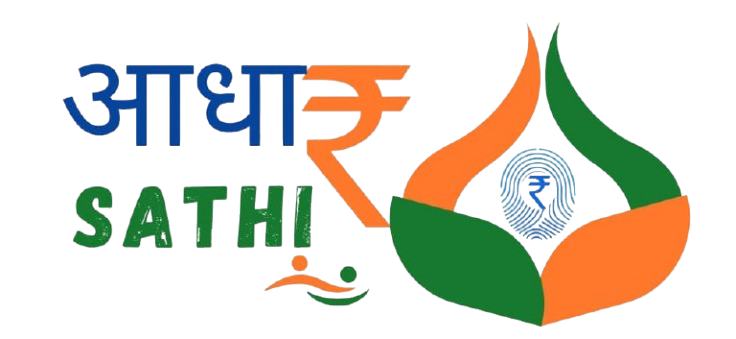
complex in, G Block BKC, Bandra Kurla Complex, Bandra East, Mumbai, Maharashtra 400098
Contact Us:
+91-7602291073
(Monday to Saturday: 10 AM to 6:30 PM)
An education loan is a form of financial assistance provided by banks and financial institutions to help students fund the cost of higher education, whether in India or abroad. These loans are designed to cover tuition fees, examination fees, living expenses, books, and other related costs. Education loans often include a moratorium period during which repayment is deferred until after course completion.
Pursuing higher education, especially professional or international programs, can involve significant expenses. An education loan enables students to access quality education while managing finances efficiently. Common reasons to apply include:
Education loans generally cover a wide range of academic-related expenses, such as:
Eligibility for an education loan depends on the applicant’s academic profile and course details. General criteria include:
An education loan can be a valuable tool to support academic goals and long-term career prospects. With careful planning, responsible borrowing, and timely repayment, students can benefit from financial support while laying the foundation for future financial independence.
⚠️ Disclaimer: AadhaarSathi is a private service provider and is not affiliated with UIDAI, NPCI, or any government authority. We only provide assistance with loan applications and documentation. Loan approval, interest rates, processing fees, and other terms are solely determined by the respective lender (Bank/NBFC). “Instant Loan” refers to faster processing, but the actual approval time depends on eligibility and documentation. Please read all terms & conditions carefully before applying.
© 2025 aadharsathi.com